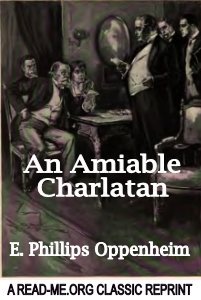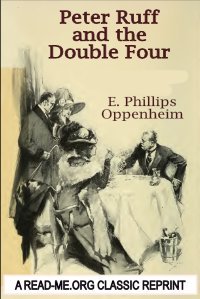By Joseph C. Lincoln (Author), Colin Heston (Introduction)
In Shavings, published in 1918 at the peak of his literary success, Joseph C. Lincoln again turns his familiar eye and pen toward Cape Cod—its people, its rhythms, and its moral heart. Like much of Lincoln’s fiction, this novel offers more than light entertainment; it is a nuanced exploration of human decency, community obligation, and emotional transformation, wrapped in a quietly humorous and affectionately drawn setting.
Set in the fictional village of East Wellmouth, Shavings centers on a seemingly unremarkable character: a middle-aged man named Lemuel “Shavings” Keziah, a gentle and eccentric resident who works as a handyman and caretaker of sorts at the local ship-chandlery. What begins as a portrait of a quiet, solitary man becomes a deeper meditation on compassion, guardianship, and the power of unassuming kindness to transform lives. In this novel, Lincoln refines his formula of New England coastal fiction, combining rich local detail, deft character sketches, and moral clarity in a story that both reflects and transcends its setting.
The title Shavings is rich in metaphor. At the surface level, it refers to wood shavings—fragments trimmed away in the process of building or shaping. But on a deeper level, it suggests themes of smallness, modesty, and the overlooked. Lemuel Keziah is, like his namesake shavings, a figure that most would pass over without a second thought. He is plain, odd, physically unimposing, and considered somewhat simple by his neighbors. Yet within that uncarved block of humility lies a figure of enormous quiet integrity, and Lincoln’s triumph is in showing how such a man can become a pillar of his community and a redeemer in the lives of others.
Lincoln gives us a novel that blends humility with heart, modesty with moral insight. It is a story of redemption through quiet persistence, of fatherhood without blood, and of character tested not by fame or fortune but by the daily demands of decency. For those who cherish gentle fiction with real emotional weight, Shavings is a touchstone. It evokes a vanished New England but leaves in its place timeless lessons on love, trust, and the power of doing good without seeking reward. In Lemuel Keziah, Lincoln offers a model of quiet heroism whose relevance has only grown with time.
Read-Me.Org Inc. New York-Philadelphia-Australia. 2025. 229p.





















